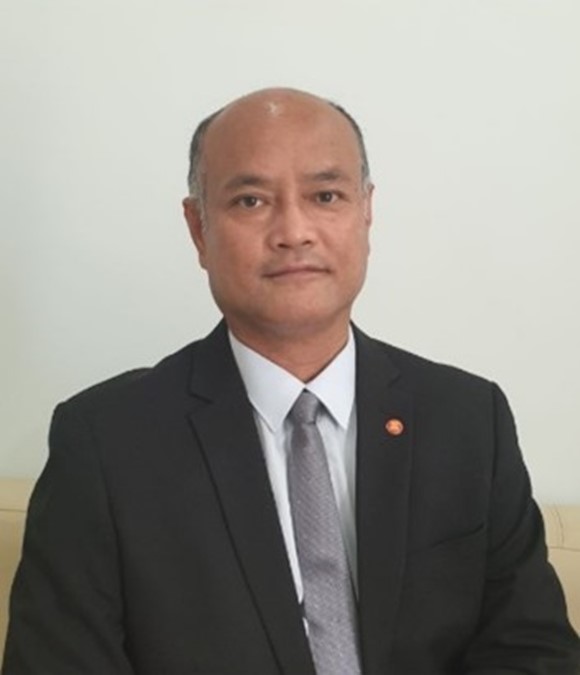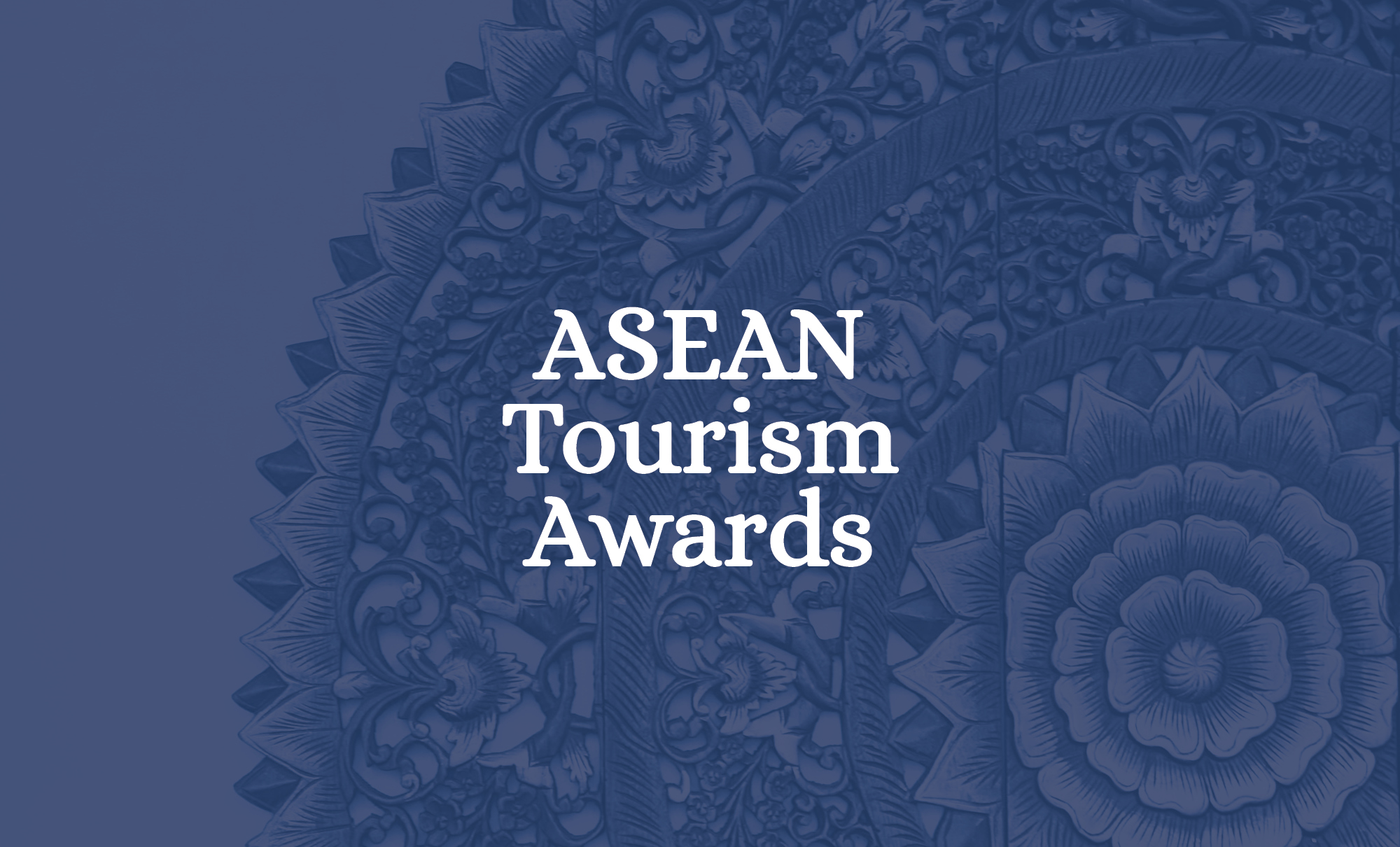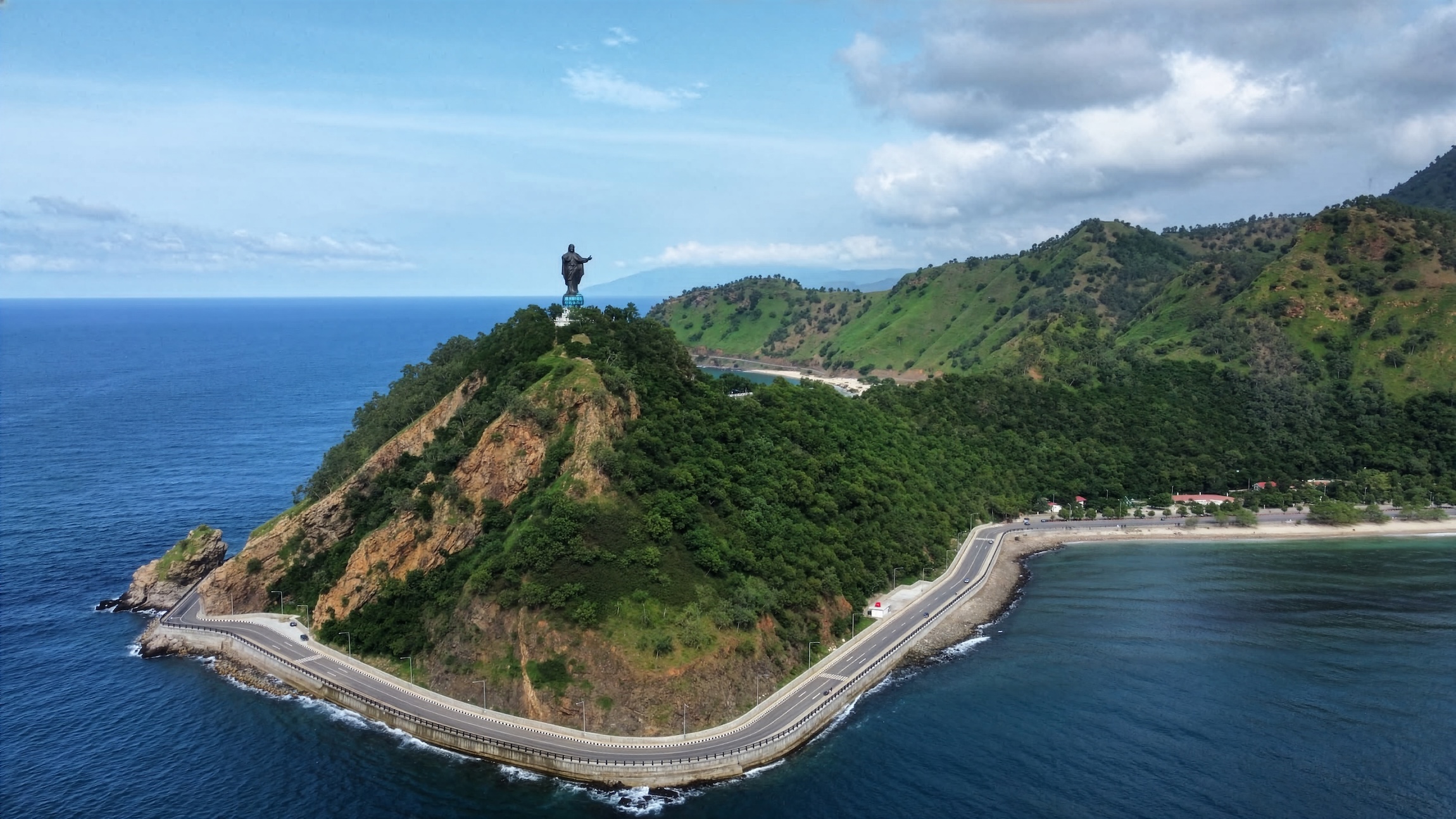





The last few decades saw the dramatic expansion of megacities in Southeast Asia. The region has one of the fastest growing rates of urbanisation, with more than half of its residents living in urban areas.
ASEAN cities, like Manila, Bangkok, and Jakarta, are also some of the world’s most densely populated cities with numbers still expected to grow due to rapid industrialisation and the influx of locals migrating from the countryside. By 2050, six out of 10 people in the region will be urban dwellers, according to the UN Environment Progamme. This significant demographic shift will redefine how the cities of the future will look like.
As cities expand, the demand for resources also increases, creating a heavier burden on the environment. Larger urban population translates to a higher demand for clean water, air, energy, and other vital resources.
Similarly, metropolitan areas leave larger ecological footprints. Recent estimates from the United Nations suggest that while cities occupy just 3 per cent of the Earth’s land, they consume about 75 per cent of natural resources, produce 50 per cent of all wastes, and account for 75 per cent of carbon emissions. On top of these, many ASEAN cities are some of the most vulnerable to natural disasters and climate change. Rising sea levels and global warming put many of the region’s metropolises at risk to more frequent floods, stronger tropical storms, and prolonged drought. A study cited in the ASEAN Sustainable Urbanisation Strategy revealed that almost 80 per cent of those worst affected by these climate-induced disasters will come from the region.
The competition for limited resources, unmanaged waste production, and vulnerability to climate risks bring about serious socioeconomic and governance implications, including to key sectors such as health, employment, and other social services. Recent efforts towards greener cities recognise the increasing importance of maintaining the vital ecosystem services of urban environments. Smart and climate-resilient cities require an integrated and holistic approach to urban planning, especially in adopting mechanisms to control inputs needed and outputs produced in these human settlements.
Several initiatives have been implemented by ASEAN to tackle these emerging urban challenges. The ASEAN Socio-Cultural Community Blueprint 2025 outlines strategic measures in mainstreaming green growth in urban areas, including (a) promoting sustainable urbanisation through participatory and integrated urban planning approaches; (b) enhancing local capacities to promote more liveable cities; (c) improving multi-stakeholder cooperation to ensure equitable access to vital resources; (d) supporting the development of greener infrastructures; and (e) putting in place enabling policies and institutional mechanisms to realise these goals.
Complementing this, the Master Plan on ASEAN Connectivity 2025 was also adopted to serve as a blueprint for building up regional connectivity by enhancing infrastructure, promoting innovations, and boosting people’s mobility, among other initiatives. In 2018, the ASEAN Sustainable Infrastructure Strategy was adopted and the ASEAN Smart Cities Network was established to support ASEAN cities in building resilient and sustainable cities. Both initiatives highlight the value of enhancing environmental protection and strengthening urban resilience.
Over the years, significant progress has been made to further support sustainable urbanisation through the work coordinated and spearheaded by the ASEAN Working Group on Environmentally Sustainable Cities (AWGESC). Specifically, AWGESC has coordinated and implemented various projects in the region addressing two priority programmes on Sustainable Urban Planning, Development, and Implementation and Increasing Climate Resilient and Low Carbon Cities.
Notably, the ASEAN Environmentally Sustainable Cities (ESC) Award Programme was launched in 2008 to recognise ASEAN cities that have adopted eco-friendly policies and programmes. The ESC Award is held every four years to encourage urban environmental sustainability in the region by recognising exemplary efforts and sharing best local practices in keeping ASEAN cities clean and green. Forty cities from all 10 ASEAN Member States have been awarded since this initiative was launched. In 2011, ASEAN also started issuing Certificates of Recognition to small cities (with population size of 20,000– 750,000) and big cities (with population size of 750,000–1.5 million) for their laudable achievements in three specific criteria: Clean Air, Clean Land, and Clean Water. Additional consideration is given to those that adopt innovative solutions in promoting urban green spaces. To date, 21 ASEAN cities have been awarded under these categories. The latest set of ASEAN ESC Awards and Certificates of Recognition will be awarded by October 2021 back-to-back with the 16th ASEAN Ministerial Meeting on Environment in Indonesia. Both these awards underscore the importance of maintaining clean air, land, and water while ASEAN cities pursue sustainable development. These further support the AWGESC priorities of strengthening local capacities in urban planning and building climate resilient cities.
Since 2010, ASEAN has been organising the High-level Seminars on Environmentally Sustainable Cities (HLS-SC) for the mutual exchange of best practices and to foster collaboration among green cities in the region. Every year, this activity gathers policymakers, experts, and practitioners from East and Southeast Asian countries to share innovative urban development initiatives, deepen city-to-city collaboration, and develop Photo Credit: © Ministry of Development (Brunei Darussalam) specific recommendations for the East Asia Summit (EAS) Environment Ministers Meeting to improve the region’s urban resilience. The September 2020 EAS HLS-SC, held virtually, was attended by more than 100 participants and yielded significant accomplishments.
Building on the outcomes of the ASEAN-Germany Development Partnership’s Expert Forum in November 2018, the ASEAN- Germany Project on Urban Climate Resilience also started this year. Designed to build regional and local capacities on climate change adaptation, disaster management, and sustainable urban development, this initiative involves a series of workshops and forums, where outputs will be used to develop useful knowledge products.
This year, the implementation of the EU- supported SMART Green ASEAN Cities is set to commence, focusing on promoting the use of smart technologies and digital solutions to address emerging urban environmental issues in the region. EU support also targets promoting sustained green investments and forming stronger partnerships among ASEAN and European cities. Similarly, the ASEAN Municipal Solid Waste Management Enhancement (AMUSE), funded by the German Federal Government, is about to be rolled out soon. Scheduled to be implemented from 2021–2024, this project aims to improve waste disposal and recycling capabilities of key tourist cities in Cambodia, Lao PDR, Thailand, and Viet Nam.
Going forward, ASEAN is closely working with other development partners to finalise proposals for more green urban initiatives in the region. Among these are the ASEAN- ROK Project on Clean Air for Sustainable ASEAN (CASA), which seeks to better understand the impact of air pollution and propose strategies to minimise its impact on the environment and public health, and the China-ASEAN Environment Outlook 2, which aims to document good practices of eco-friendly cities in ASEAN and China and strengthen regional cooperation to complement the crucial role of cities in achieving the Sustainable Development Goals. Other projects are also being developed with Member States to promote green infrastructure and protect urban biodiversity.
Moving towards more environmentally sustainable and climate-smart cities is increasingly becoming more essential as urban centres continue to support an ever-growing population. ASEAN cities, through the initiatives led by AWGESC, target to further realise these priorities by initiating activities that will maintain safe and equitable access to vital resources; build local urban planning capacities; and further enhance cities’ climate resilience.
Tomorrow’s cities should not only be technologically modernised, but should consistently embrace environment-friendly practices to promote urban green spaces and provide clean air, water, and land. Shaping smarter cities means building economically productive urban spaces, while ensuring equal access to these economic gains and preserving the integrity of its environment.
References:
UNEP. (2018). Sustainable urban infrastructure transitions in the ASEAN region: A resource perspective. Nairobi: UNEP; UN. (2021). Goal 11: Make cities inclusive, safe, resilient, and sustainable. https://www.un.org/ sustainabledevelopment/cities/; ASEAN Secretariat. (2018). ASEAN Sustainable Urbanisation Strategy. https://asean. org/storage/2018/11/ASEAN-Sustainable-UrbanisationStrategy-ASUS.pdf








